Moscovo, uma cidade cada vez mais reconhecida pela sua perspetiva global, alberga um crescente e dinâmico Diáspora Africana de Moscovo. Esta comunidade, embora muitas vezes menos visível do que outras, contribui significativamente para a tapeçaria multicultural da capital. A sua presença enriquece a cidade através de centros culturais vibrantes, diversas iniciativas sociais e uma história complexa de cooperação internacional. Explorar esta faceta única de Moscovo revela uma narrativa fascinante de migração, preservação cultural e laços diplomáticos em evolução.
Ondas Históricas: Presença Africana na Rússia
A história da presença africana na Rússia é multifacetada, abrangendo vários séculos. As primeiras, ainda que limitadas, interações ocorreram através de canais diplomáticos e viajantes individuais. No entanto, ondas significativas de imigração africana para a União Soviética e, subsequentemente, para Moscovo, começaram em meados do século XX.
A primeira vaga notável ocorreu nas décadas pós-revolucionárias. Um pequeno número de afro-americanos e afro-caribenhos, procurando igualdade racial e novas oportunidades, migraram para a União Soviética. Muitos foram atraídos pela promessa de uma sociedade livre da discriminação racial prevalecente nos seus países de origem. Encontraram trabalho, prosseguiram com a sua educação e, em certa medida, experienciaram um ambiente mais acolhedor do que aquele que tinham conhecido.
Uma vaga muito maior de estudantes africanos chegou durante a Guerra Fria, particularmente após o 6.º Festival Mundial da Juventude e dos Estudantes, realizado em Moscovo em 1957. A União Soviética ofereceu inúmeras bolsas de estudo a jovens de nações africanas recém-independentes. Esta iniciativa visava fomentar a boa vontade, apoiar os movimentos de libertação e promover os ideais socialistas. Milhares de estudantes de toda a África vieram estudar para universidades soviéticas, incluindo muitas em Moscovo. Este período lançou as bases primárias para o moderno Diáspora Africana de Moscovo. Muitos destes estudantes permaneceram após a graduação, formando o núcleo da comunidade.
Centros Culturais: Promover a Identidade e a Ligação
Hoje, o Diáspora Africana de Moscovo caracteriza-se por uma rede de centros culturais e organizações comunitárias. Estes polos desempenham um papel crucial na preservação das tradições africanas, promovendo o intercâmbio cultural e apoiando os membros da comunidade. Embora possa não haver grandes “bairros africanos” geograficamente distintos em Moscovo, estes centros servem como pontos de encontro vitais.
O Clube Russo-Africano da Universidade Estatal de Moscovo (MSU) é um exemplo proeminente. Atua como uma plataforma para o discurso académico e o intercâmbio cultural, com o apoio do Ministério dos Negócios Estrangeiros Russo. Organiza “telepontes culturais” e discussões sobre o aprofundamento dos laços entre a Rússia e várias nações africanas. Este clube desempenha um papel significativo no fomento do entendimento intelectual e cultural.
Além disso, iniciativas como o festival “Janela para África” são realizadas regularmente em locais como a Casa das Nacionalidades de Moscovo. Estes eventos reúnem representantes de diásporas africanas, missões diplomáticas e funcionários russos. Apresentam workshops sobre xailes africanos, tranças, tambores djembe e jogos tradicionais africanos. Os visitantes também podem provar chás africanos e donuts tradicionais. Festivais como este são cruciais. Proporcionam um espaço para a expressão cultural. Também apresentam as tradições africanas ao público moscovita em geral.
Um desenvolvimento verdadeiramente histórico é o estabelecimento do Museu de Culturas Africanas em Moscovo, localizado dentro do Museu Estatal de Arte Oriental. Este será o primeiro espaço permanente fora de África dedicado à arte e artefactos africanos contemporâneos. A coleção do museu, com mais de 1.100 itens, inclui peças provenientes de expedições da era soviética e doações privadas. Esta iniciativa destaca uma colaboração cultural estratégica. Visa aprofundar a compreensão da diversidade artística africana entre o público russo. Assinala um marco significativo para Cultura Africana em Moscovo.
Comunidades Internacionais e as Suas Contribuições
O Comunidades africanas Moscovo Os anfitriões são notavelmente diversos, representando quase todas as nações do continente. Incluem estudantes, profissionais, empresários e famílias. Estes indivíduos contribuem para vários setores da economia e da sociedade da cidade. Muitos africanos que estudaram em universidades soviéticas são agora profissionais estabelecidos. Trabalham em áreas como a medicina, a engenharia e a academia.
As associações comunitárias formam-se frequentemente com base em laços nacionais, proporcionando redes de apoio para recém-chegados. Ajudam na integração, na aquisição da língua e na adaptação aos costumes locais. Estas redes informais são vitais. Garantem que os membros da comunidade se sintam ligados e apoiados num país estrangeiro. A presença destas comunidades vibrantes enriquece verdadeiramente o tecido social de Moscovo.
Delícias Culinárias e Espaços Sociais
O panorama culinário de Moscovo também beneficiou com o Presença Africana Moscovo desfruta. Embora não tão difundida como outras cozinhas étnicas, é possível encontrar restaurantes e cafés africanos autênticos. Estes estabelecimentos oferecem pratos de várias regiões de África. Servem como importantes espaços sociais para a diáspora. Estes locais proporcionam um sabor de casa. Também permitem que os moscovitas explorem novos sabores.
Além disso, eventos especiais organizados por embaixadas africanas e grupos culturais apresentam frequentemente a cozinha tradicional africana. Estas ocasiões permitem uma apreciação mais ampla da gastronomia africana. Promovem experiências gastronómicas interculturais. Tais eventos contribuem para a crescente diversidade gastronómica da cidade.
História Diplomática e Relações Contemporâneas
A relação entre a Rússia e as nações africanas tem uma longa e complexa história diplomática. A União Soviética apoiou ativamente os movimentos anticoloniais e os estados recém-independentes em África. Isto criou fortes laços políticos e ideológicos. Muitos líderes e intelectuais africanos receberam a sua educação na URSS. Isto forjou conexões duradouras.
Nos últimos anos, a Rússia intensificou o seu envolvimento diplomático e económico com a África. Cimeiras de alto nível e acordos bilaterais são cada vez mais comuns. Moscovo acolhe numerosas embaixadas e missões diplomáticas africanas. Estas missões desempenham um papel crucial no fomento das relações bilaterais. Apoiam também as respetivas diásporas dentro da cidade. Esta atividade diplomática contínua sublinha ainda mais a importância do Relações Rússia-África no seio da capital. Significa que Moscovo é um centro fundamental para estas relações internacionais.
Desafios e Oportunidades para a Integração
Apesar da crescente presença e contribuições, os membros da(o) Diáspora Africana de Moscovo enfrentam, por vezes, desafios únicos. Estes incluem barreiras linguísticas, adaptação cultural e, por vezes, casos de discriminação. No entanto, várias iniciativas estão em curso para promover a integração e combater o preconceito. Campanhas de sensibilização pública, festivais culturais e diálogos comunitários visam fomentar uma maior compreensão e aceitação.
O governo russo e as organizações da sociedade civil reconhecem cada vez mais o valor de uma população multicultural. Estão a ser envidados esforços para criar um ambiente mais inclusivo. A ênfase na diplomacia cultural e no intercâmbio educativo continua a ser a pedra angular do envolvimento da Rússia com a África. Isto cria mais oportunidades para a diáspora.
Olhando para o futuro, o papel de Moscovo como uma grande capital da Eurásia e os seus laços cada vez mais fortes com o continente africano sugerem um crescimento contínuo para as suas comunidades africanas. O intercâmbio recíproco de ideias, artes e tradições irá, sem dúvida, aprofundar-se. Isto irá enriquecer a paisagem cultural da cidade. Irá também promover uma maior compreensão à escala global.
Em conclusão, a diáspora africana de Moscovo é uma parte vital e em evolução da sua identidade. Desde as ondas históricas de estudantes e profissionais aos vibrantes centros culturais e à crescente cena artística, a comunidade contribui significativamente para o dinamismo da capital. Este multifacetado Diáspora Africana de Moscovo evidencia o compromisso da cidade com o internacionalismo. Demonstra verdadeiramente o seu papel como nexo para culturas globais e relações diplomáticas.

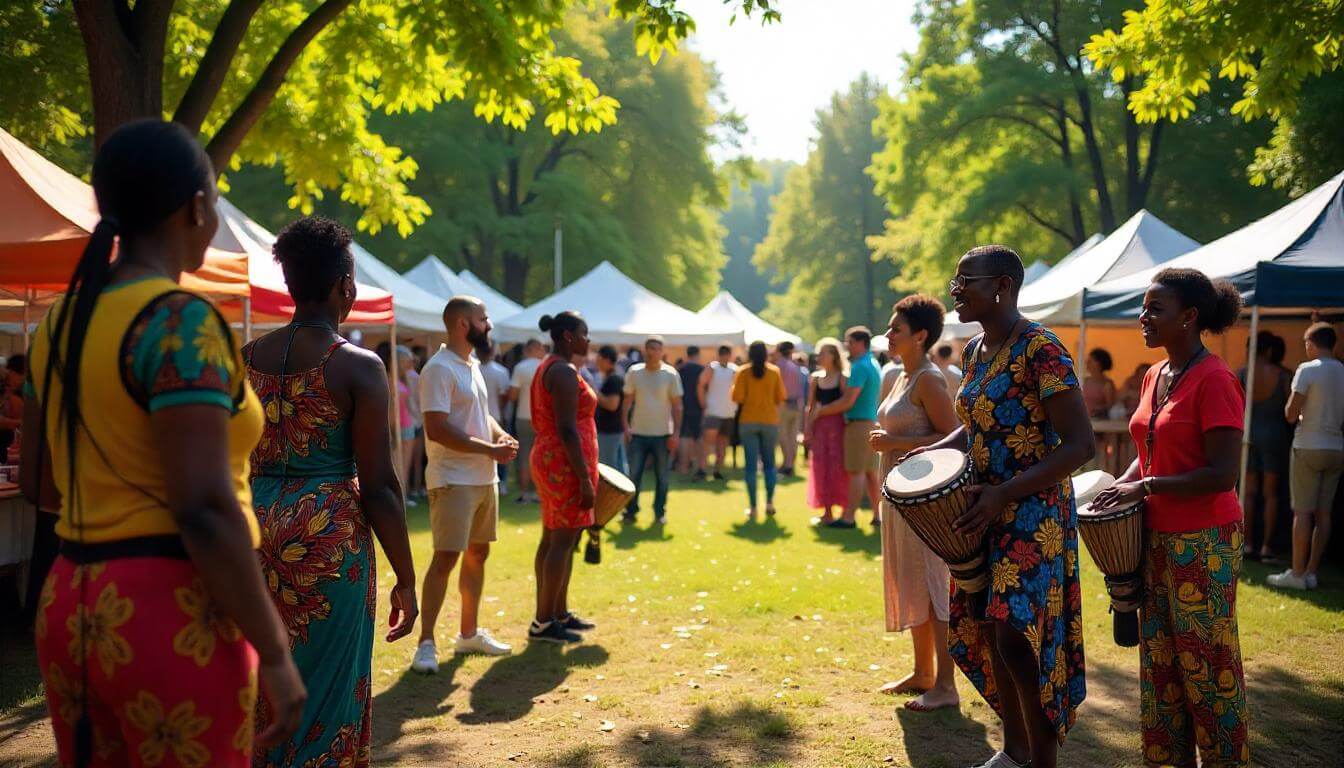 A Diáspora Africana de Moscovo: Centros Culturais e Comunidades Internacionais">
A Diáspora Africana de Moscovo: Centros Culturais e Comunidades Internacionais">

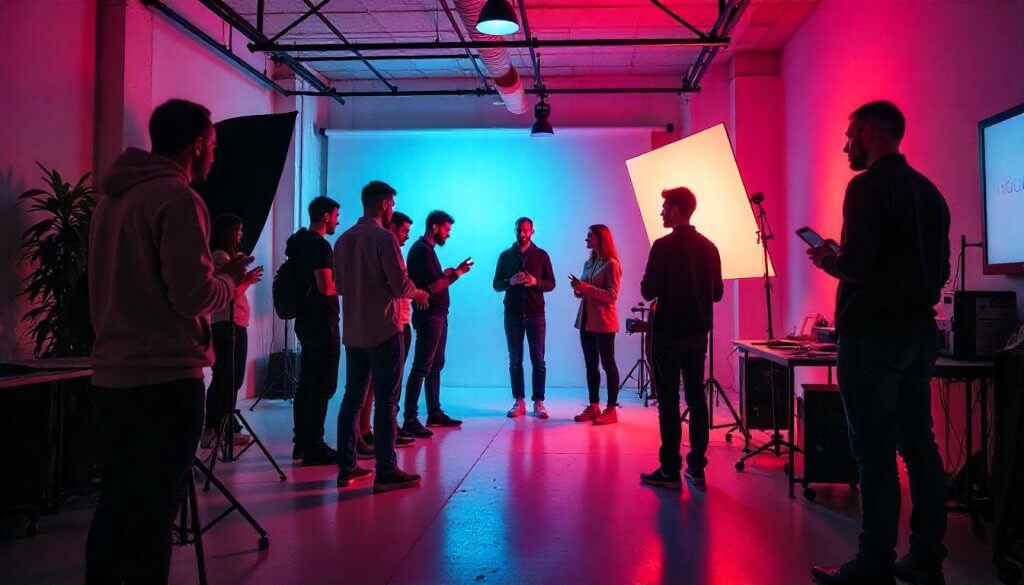 Moscovo para Fotógrafos: Workshops Profissionais e Construção de Portfólio">
Moscovo para Fotógrafos: Workshops Profissionais e Construção de Portfólio">
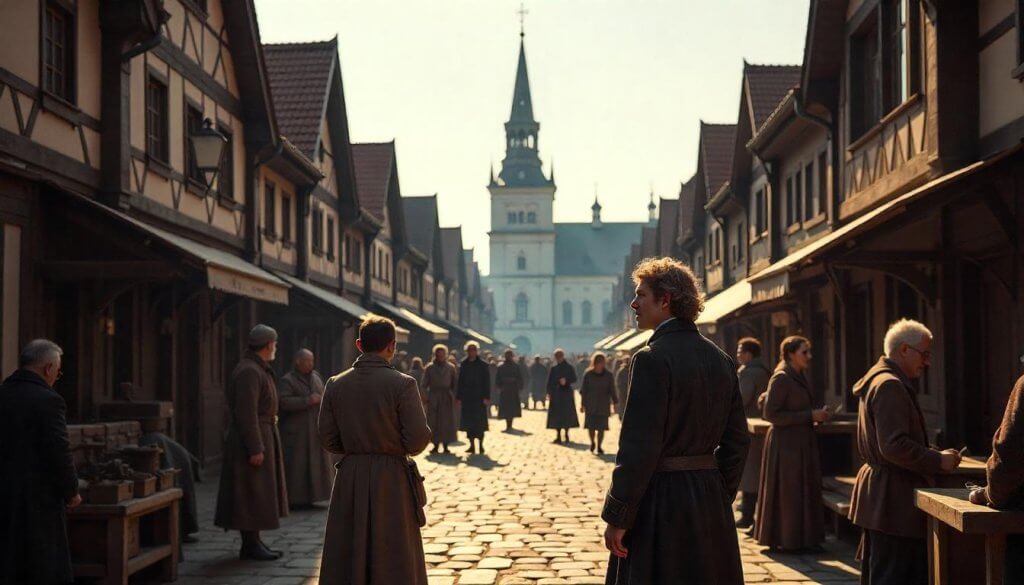 O Bairro Alemão de Moscovo: A Influência Europeia na História Russa">
O Bairro Alemão de Moscovo: A Influência Europeia na História Russa">
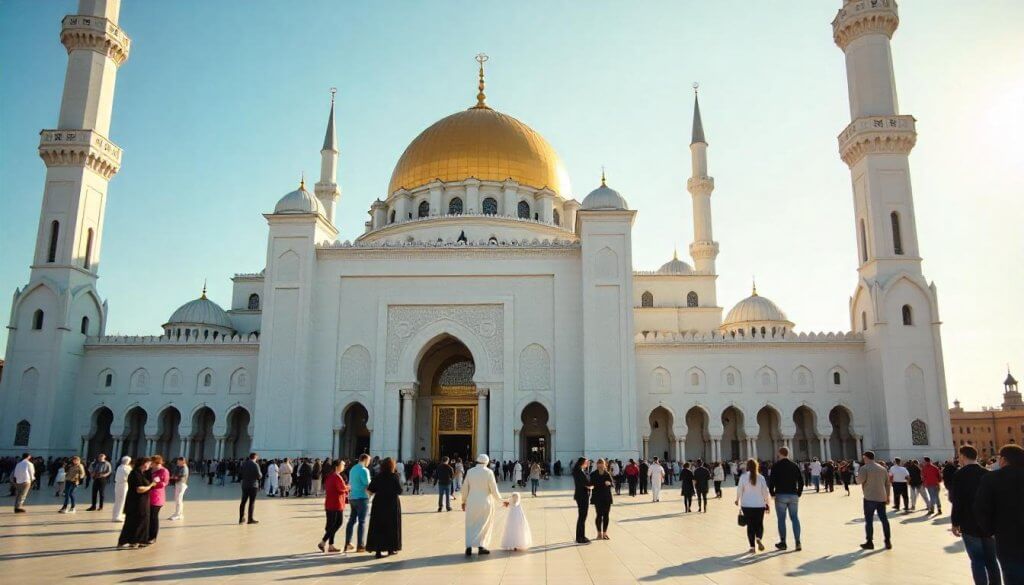 A Herança Tatar de Moscovo: A Cultura Islâmica na Capital Ortodoxa">
A Herança Tatar de Moscovo: A Cultura Islâmica na Capital Ortodoxa">
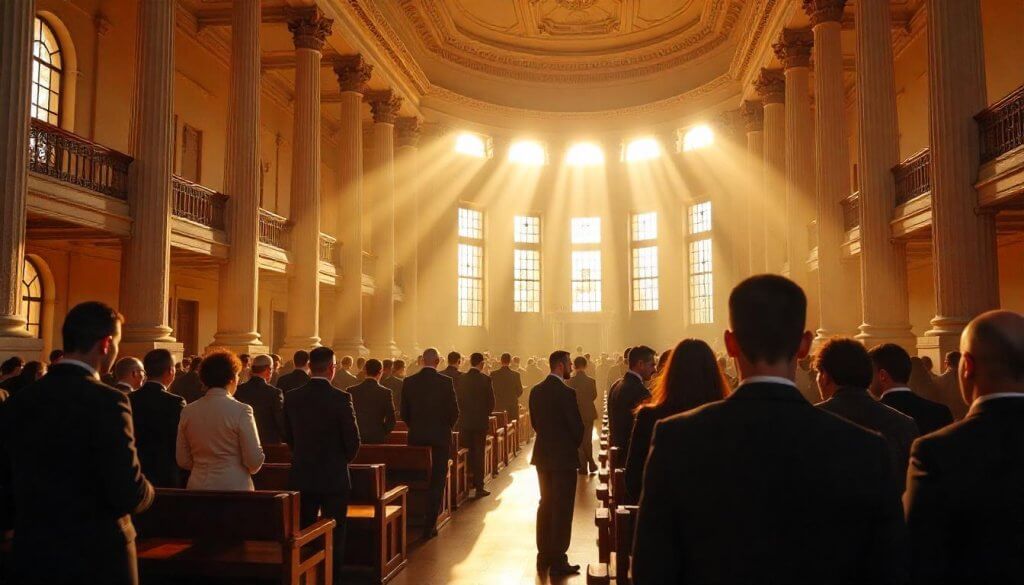 Herança Judaica de Moscovo: Sinagogas, Museus e Centros Culturais">
Herança Judaica de Moscovo: Sinagogas, Museus e Centros Culturais">
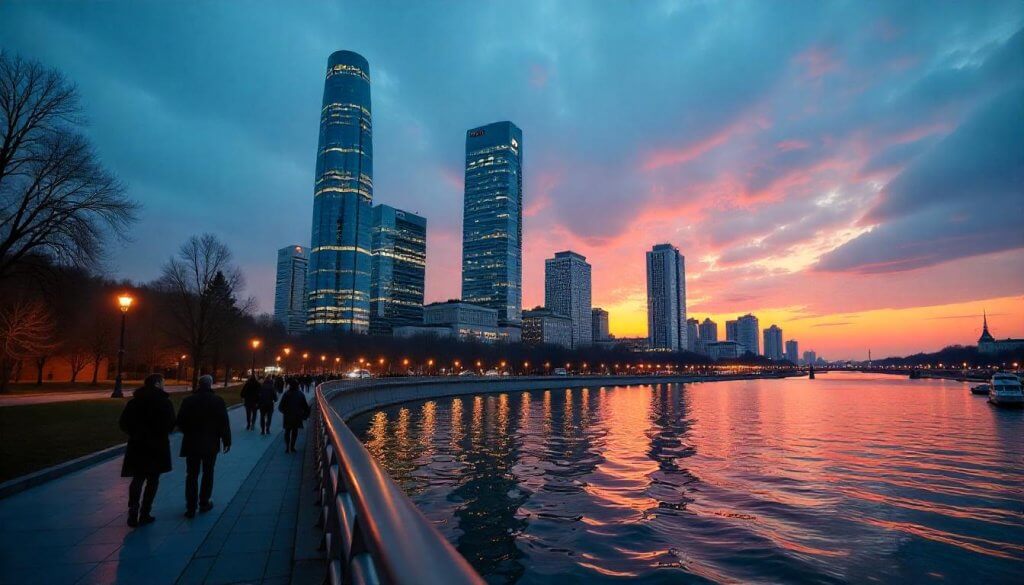 Moscovo Pós-Soviético: Compreendendo a Sociedade Russa Moderna">
Moscovo Pós-Soviético: Compreendendo a Sociedade Russa Moderna">
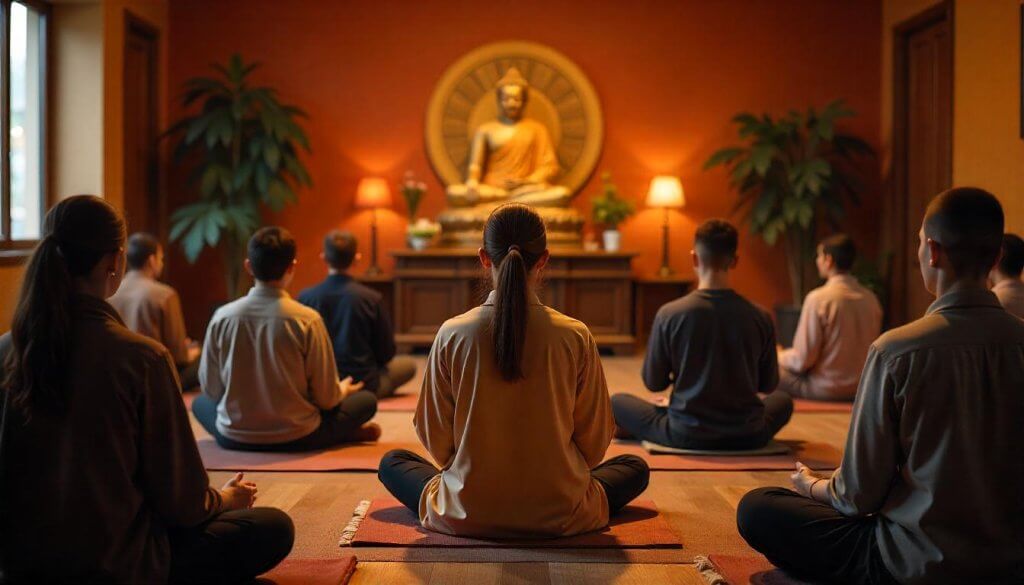 As Raízes Históricas da Presença Asiática de Moscovo">
As Raízes Históricas da Presença Asiática de Moscovo">
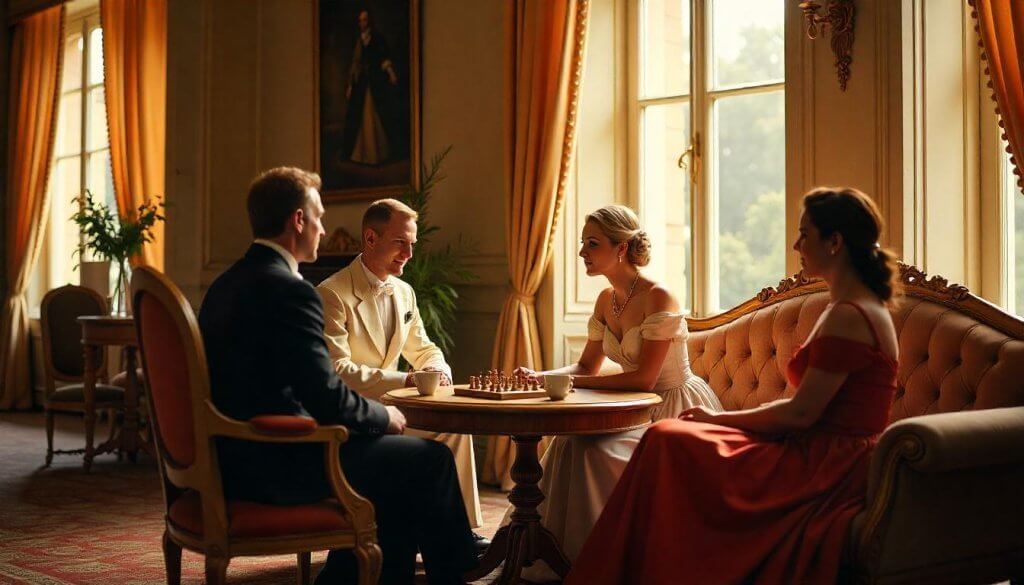 A Influência Francesa em Moscovo: Arte, Cultura e História Diplomática">
A Influência Francesa em Moscovo: Arte, Cultura e História Diplomática">
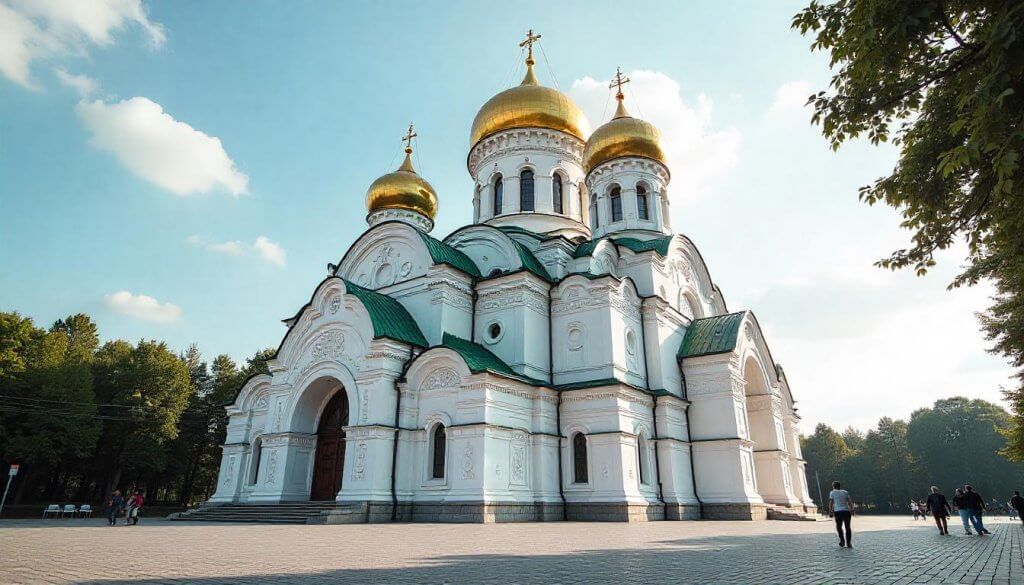 A Ligação Italiana de Moscovo: Arquitetura e Intercâmbio Cultural">
A Ligação Italiana de Moscovo: Arquitetura e Intercâmbio Cultural">
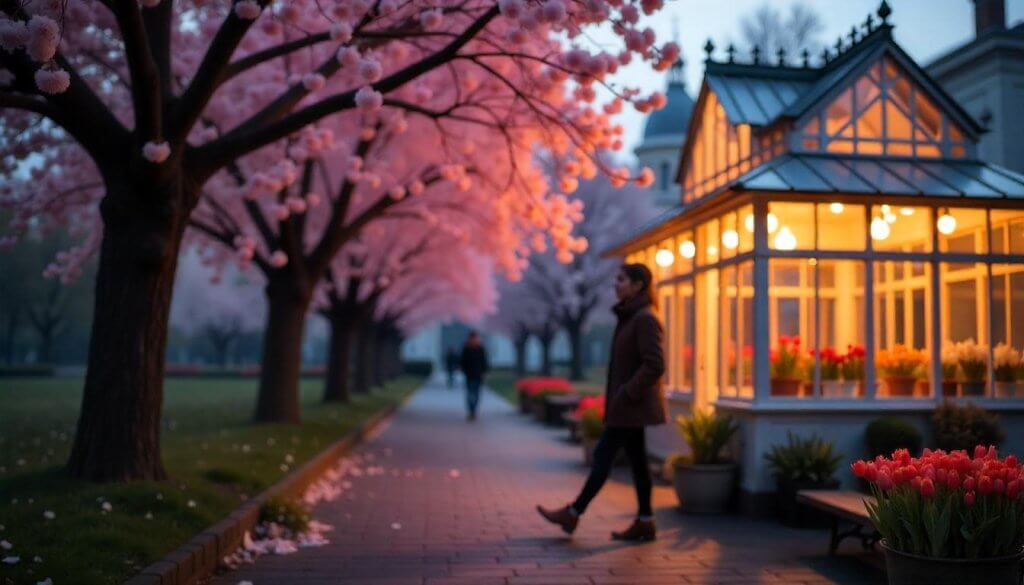 Moscovo na Primavera: Flores de Cerejeira e Celebrações de Renovação em 2025">
Moscovo na Primavera: Flores de Cerejeira e Celebrações de Renovação em 2025">
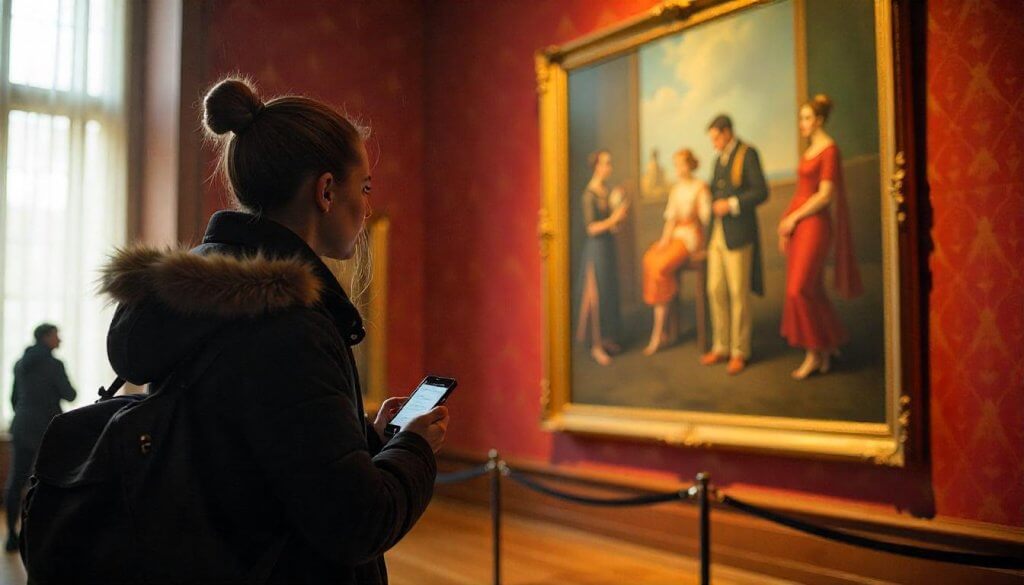 Moscovo Num Dia Chuvoso: Atrações Interiores Perfeitas Para Tempo Húmido em 2025">
Moscovo Num Dia Chuvoso: Atrações Interiores Perfeitas Para Tempo Húmido em 2025">